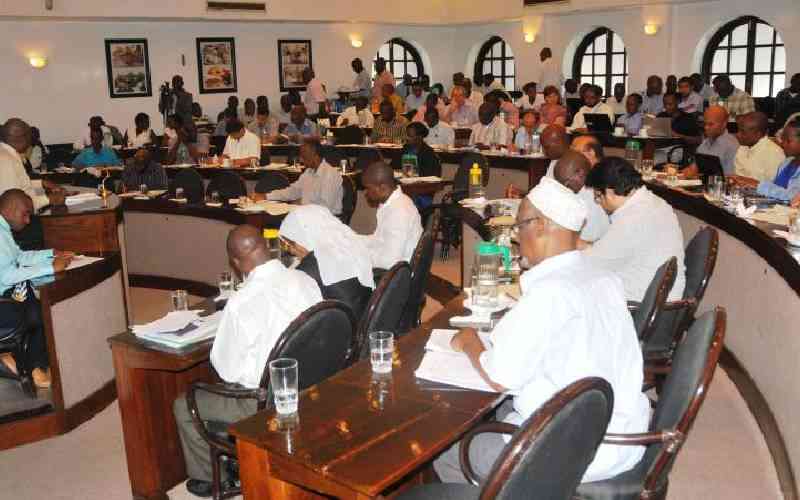×
The Standard e-Paper
Smart Minds Choose Us

A glut of unsold tea is building up in Mombasa due to increased production and recent state policies, sparking fears of continued depressed prices of Kenya's top foreign exchange earner.
Traders said the surplus was because of the implementation of the reserve prices directive and the halting of direct exports by the Kenya Tea Development Agency (KTDA).